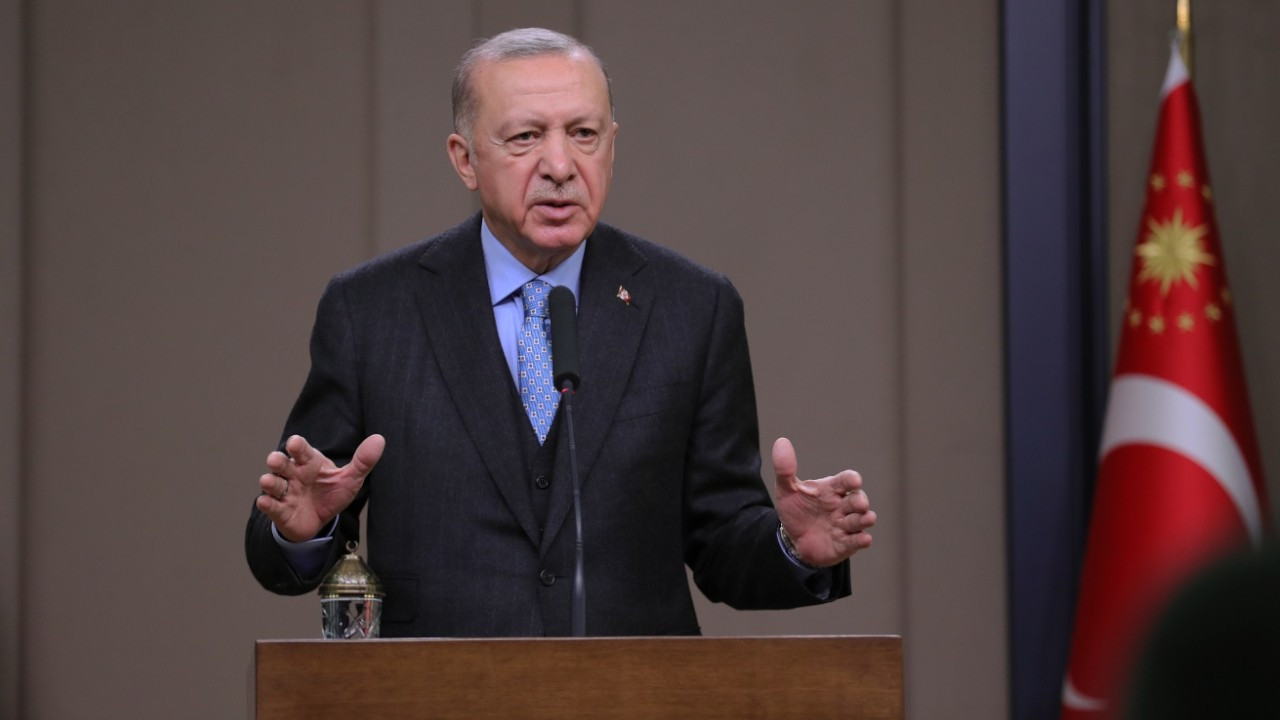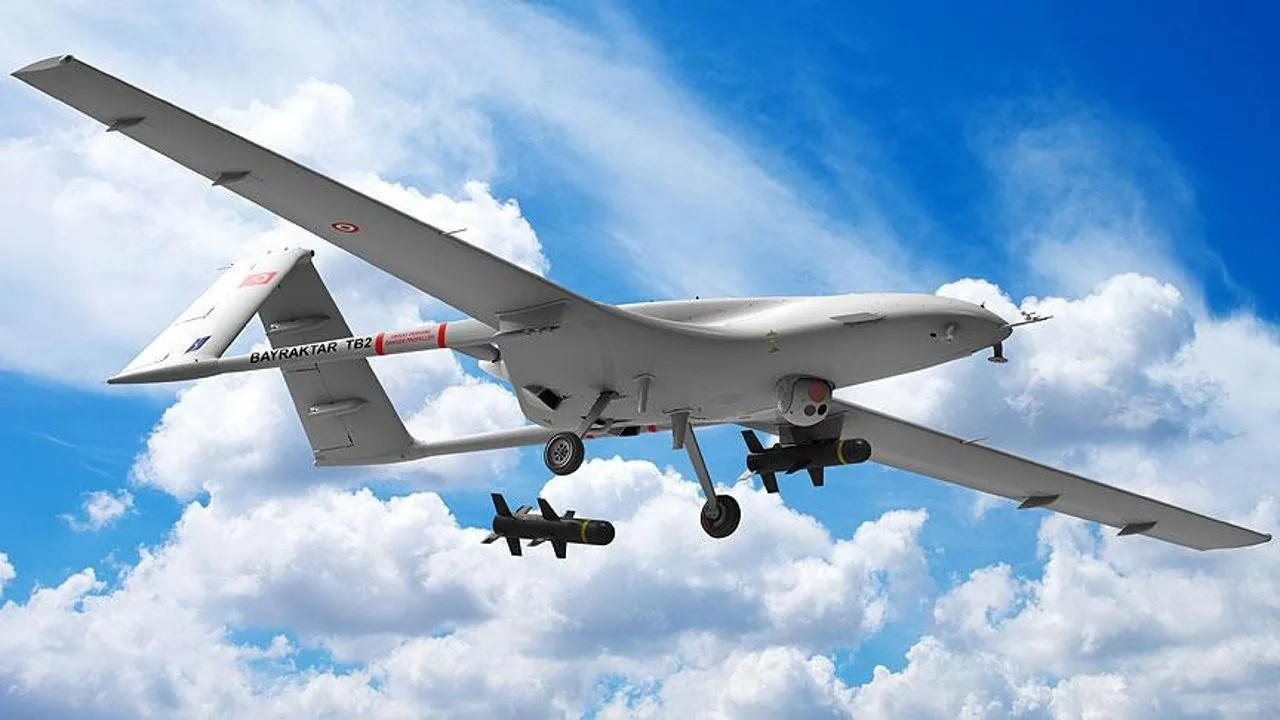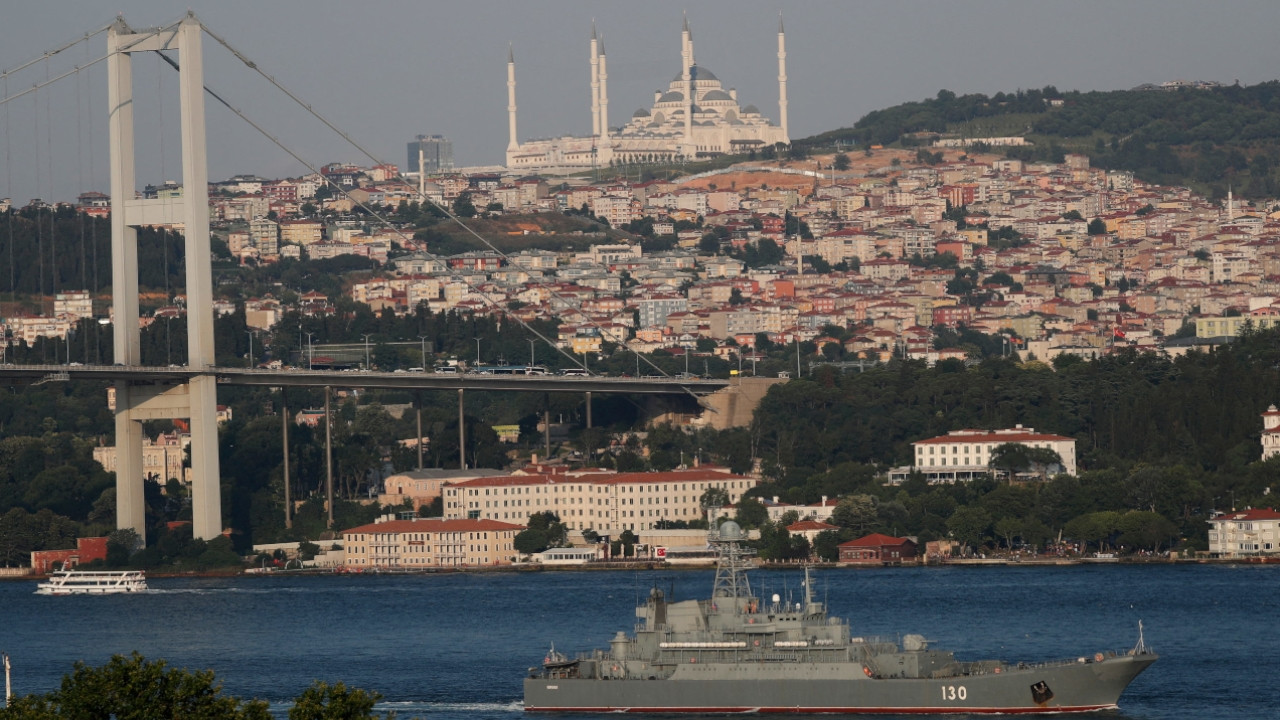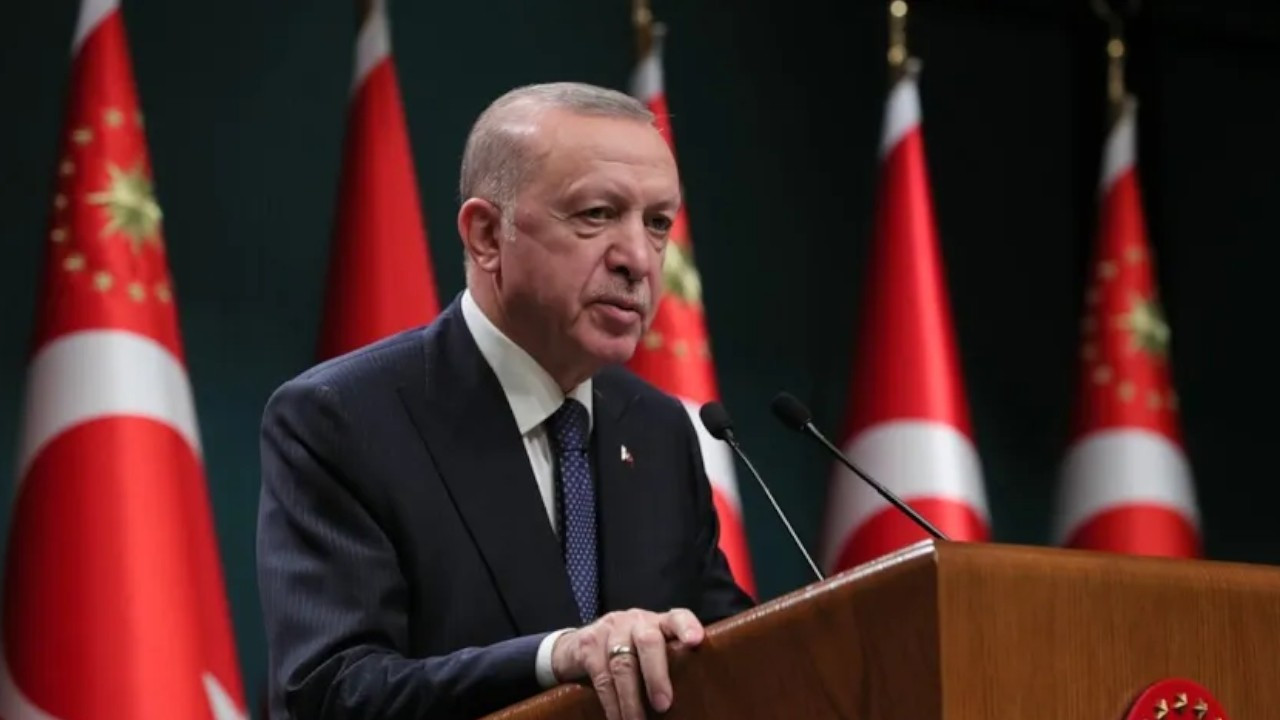Turkey says Russia canceled Black Sea passage bid upon its request
Turkey has rejected Russia's request to send warships through the Turkish straits, Foreign Minister Mevlüt Çavuşoğlu said. "We told Russia not to send these ships and Russia said the vessels would not cross the straits," Çavuşoğlu said.
Reuters
Russia canceled a bid to send four of its warships through Turkish waters into the Black Sea at Turkey's request, Foreign Minister Mevlüt Çavuşoğlu said, adding the decision was made before Ankara closed the straits over Moscow's invasion of Ukraine.
NATO ally Turkey borders Ukraine and Russia in the Black Sea and has good ties with both. On Feb. 28, Ankara said it had closed its Bosphorus and Dardanelles straits under a 1936 pact, allowing it to curb some Russian vessels crossing. The pact exempts vessels returning to their bases.
Çavuşoğlu told broadcaster Habertürk late on March 1 that Turkey had asked Russia not to send its ships through before it labeled Moscow's invasion a "war" on Feb. 27, legally allowing it to curb passages under the Montreux Convention.
"Russia has said four of its ships would cross the straits on Feb 27-28, three of which are not registered to bases in the Black Sea," Çavuşoğlu said. "We told Russia not to send these ships and Russia said the vessels would not cross the straits."
"Nobody should be offended by this, because the Montreux Convention is valid today, yesterday and tomorrow, so we will implement it," he said.
Reuters reported earlier this week that at least four Russian ships - two destroyers, a frigate, and an intelligence vessel - were waiting on Turkey's decision to cross from the Mediterranean. Two of them, a frigate and a destroyer, had asked to make the journey this week.
The United States "expressed appreciation" for Turkey's move to close the straits. Ukraine's ambassador to Ankara said Kyiv was "grateful" to Turkey for "meticulously" implementing the pact.
While calling Russia's invasion an unacceptable violation of international law, Turkey has carefully formulated its rhetoric not to offend Moscow, with which it has close energy, defence and tourism ties. It has called for dialogue and offered to host peace talks.
Çavuşoğlu repeated on March 1 that Turkey would not join its Western allies in imposing economic sanctions on Russia.
While forging close cooperation with Russia, Turkey has also sold drones to Kyiv and signed a deal to co-produce more, angering Moscow. It also opposes Russian policies in Syria and Libya, as well as its 2014 annexation of Crimea.
Ukrainian Defence Minister Oleksii Reznikov said on March 1 the country was set to receive another shipment of Turkish drones, a move likely to anger Russia.

 Erdoğan calls on EU to show sensitivity about Turkey's membershipDiplomacy
Erdoğan calls on EU to show sensitivity about Turkey's membershipDiplomacy Ukraine plans to purchase more Turkish drones amid Russian invasionDiplomacy
Ukraine plans to purchase more Turkish drones amid Russian invasionDiplomacy Turkey urges respect for Montreux Convention after closing Black Sea straits to warshipsDiplomacy
Turkey urges respect for Montreux Convention after closing Black Sea straits to warshipsDiplomacy Erdoğan says Turkey will implement Montreux Convention to prevent escalation of warDiplomacy
Erdoğan says Turkey will implement Montreux Convention to prevent escalation of warDiplomacy